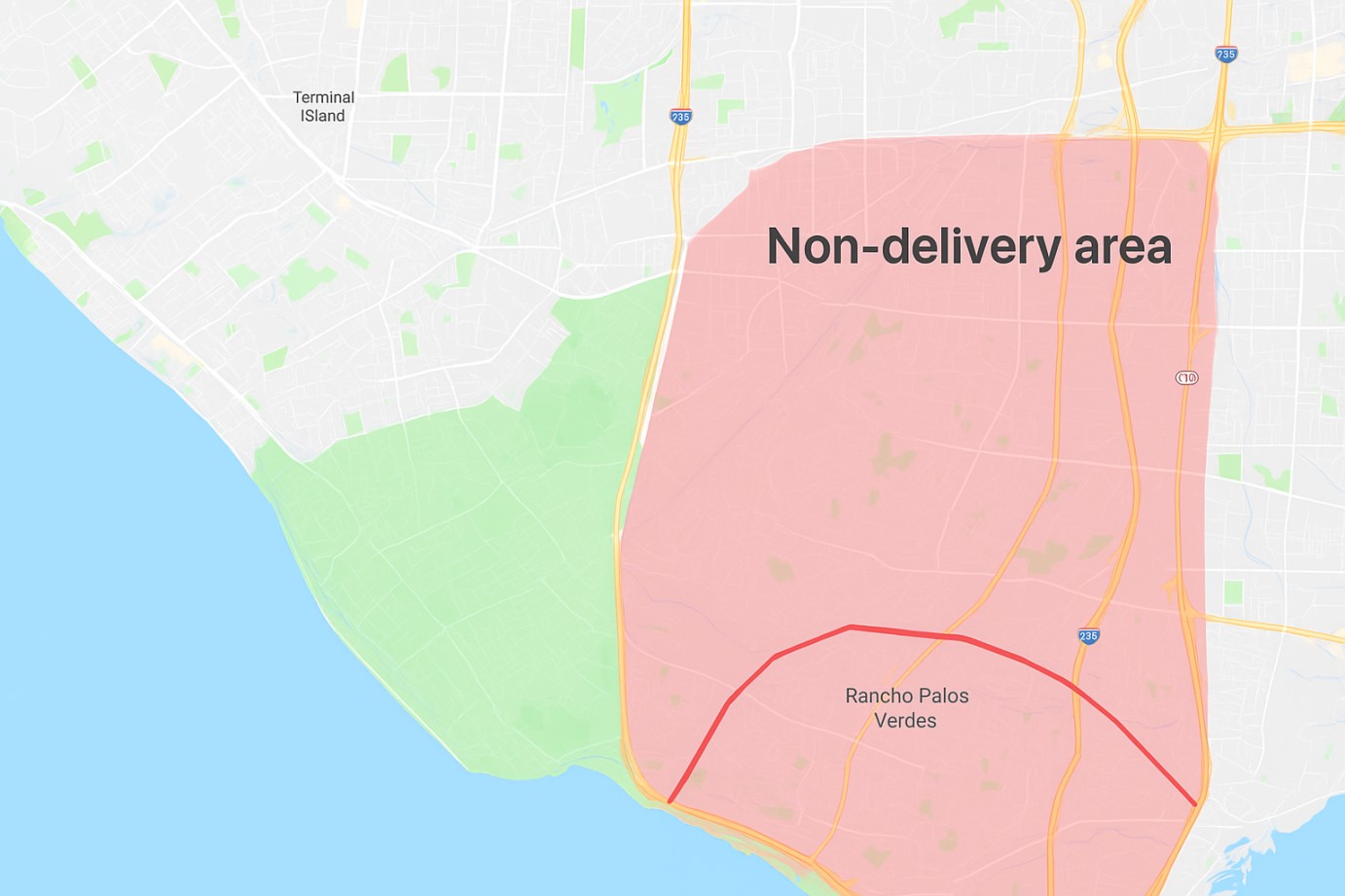This website uses cookies so that we can provide you with the best user experience possible. Cookie information is stored in your browser and performs functions such as recognising you when you return to our website and helping our team to understand which sections of the website you find most interesting and useful.
So, you’re diving into the exciting world of WordPress hooks, huh? Let’s chat about the registration_errors filter. This handy hook is all about handling errors during user registration, like catching an invalid or existing username or email. It’s a WP_Error object that should always be returned, even if there are no errors. Trust me, you’ll want to register this using add_filter in your theme’s functions.php or a custom plugin. At WePlugins, we love using custom plugins so our beautiful work doesn’t disappear with theme updates!
Example 1: Adding a Custom Error
Here’s how you can add a demo error during registration. This example shows you how to modify the $errors object.
function weplugins_check_fields( $errors, $sanitized_user_login, $user_email ) {
$errors->add( 'demo_error', __( '<strong>ERROR</strong>: This is a demo error.', 'my_textdomain' ) );
return $errors;
}
add_filter( 'registration_errors', 'weplugins_check_fields', 10, 3 );
Example 2: Modifying Errors Based on Conditions
In this example, you can see how to update the $errors object according to your website requirements. This can be conditional based on your needs.
function weplugins_modify_registration_errors_defaults($errors, $sanitized_user_login, $user_email) {
// Update the $errors variable according to your website requirements.
return $errors;
}
add_filter( "registration_errors", "weplugins_modify_registration_errors_defaults", 10, 3 );
Example 3: Removing the Hook
Sometimes, you need to remove a hook. Use remove_filter to remove the registration_errors filter. Make sure you provide the same callback function name, priority, and number of arguments.
remove_filter( "registration_errors", "weplugins_modify_registration_errors_defaults", 10, 3 );
Parameters: This hook requires three parameters: $errors (WP_Error), $sanitized_user_login (string), and $user_email (string).
Need some help with customization or got a question? Contact Us and we’ll be more than happy to assist!
Explore the latest in WordPress
Trying to stay on top of it all? Get the best tools, resources and inspiration sent to your inbox every Wednesday.




